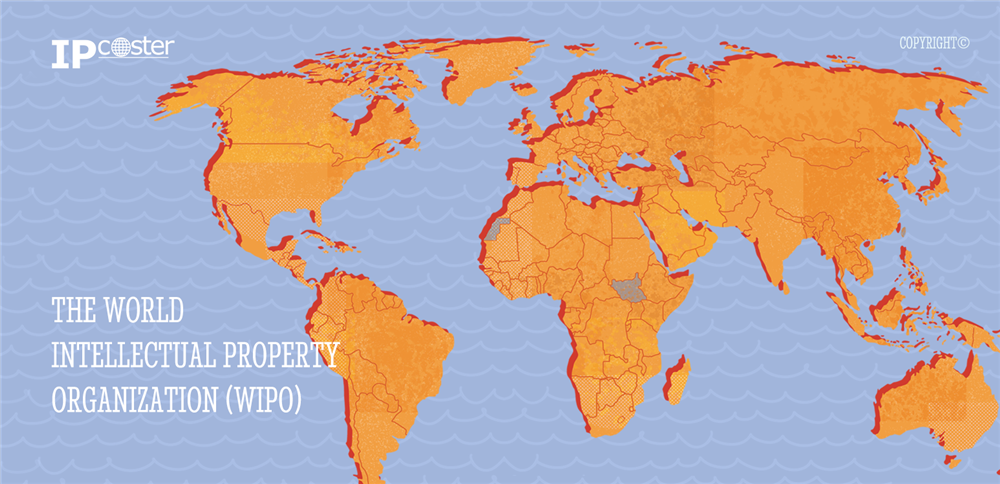IP-Academy

The World Intellectual Property Organization (WIPO)
The World Intellectual Property Organization (WIPO) is an international intellectual property (IP) specialist agency of the United Nations (UN) facilitating the protection and maintenance of IP rights across the globe. The WIPO acts as a global forum for IP services, as well as for international policy, information and cooperation.
The WIPO was established in 1967, and in its 58 years of operation, the number of member states has grown to a total of 194 countries. These member states have the collective right to contribute to the determination of the direction, budgeting and activities undertaken by the WIPO via the decision-making bodies of the Organization.
In order to become a member state of the WIPO, a state must be either: a member of the Paris Union for the Protection of Industrial Property or Berne Union for the Protection of Literary and Artistic Works; a member of the UN or of any Specialized Agencies of the UN, or a member of the International Atomic Energy Agency, or party to the Statute of the International Court of Justice.
The WIPO provides a multitude of services and benefits for member states and IP worldwide, including a policy forum that aims to forge balanced IP rules across the world, services for the protection of IP and dispute resolution, as well as infrastructure to connect international IP systems and cooperation programs to foster a connected and cohesive global system.
In order to facilitate a solid worldwide IP system, the WIPO administers a variety of international treaties in relation to patents, trademarks, industrial designs and copyrights aiming to create a harmonization of IP laws and procedures across the globe. In the WIPO 's capacity as a specialized agency of the UN, it possesses an ongoing commitment to facilitate work with least developed and developing countries in order to assist them with an increased benefit of the worldwide IP system and encourage further participation in the global patent economy.
The WIPO not only facilitates cooperation between IP offices internationally, but assists in providing technical assistance and capacity-building programs which, in turn, helps countries to enhance their IP systems by providing training workshops, seminars, and support for developing IP infrastructure.
One of the most important elements of the work that is undertaken by the WIPO is the international registration systems that it facilitates. The WIPO administers the Patent Cooperation Treaty (PCT), the Madrid System in relation to trademarks, and the Hague System for industrial designs.
Each of these systems simplifies and streamlines the process of obtaining and maintaining the protection of IP rights worldwide. In-depth information on each of these international systems can be found on our IP Academy page, however, each of these systems typically allows applicants to file one application to the WIPO which will then be sent to each designated member state for registration, according to which jurisdictions the applicant has stated that IP protection will be sought.
The WIPO also conducts vital research, analysis, and policy development in relation to the field of IP. This work aims to address emerging IP issues and challenges, such as those related to digital technologies, artificial intelligence and genetic resources, to name a few. The international office is also unique in that it addresses cross-border intellectual property issues and facilitates the harmonization of IP systems and practices among different countries.
Overall, the WIPO plays a crucial role in promoting the protection and enforcement of intellectual property rights worldwide, fostering innovation, creativity, and economic development.
Are you interested in filing for IP rights with the WIPO? Contact us here!